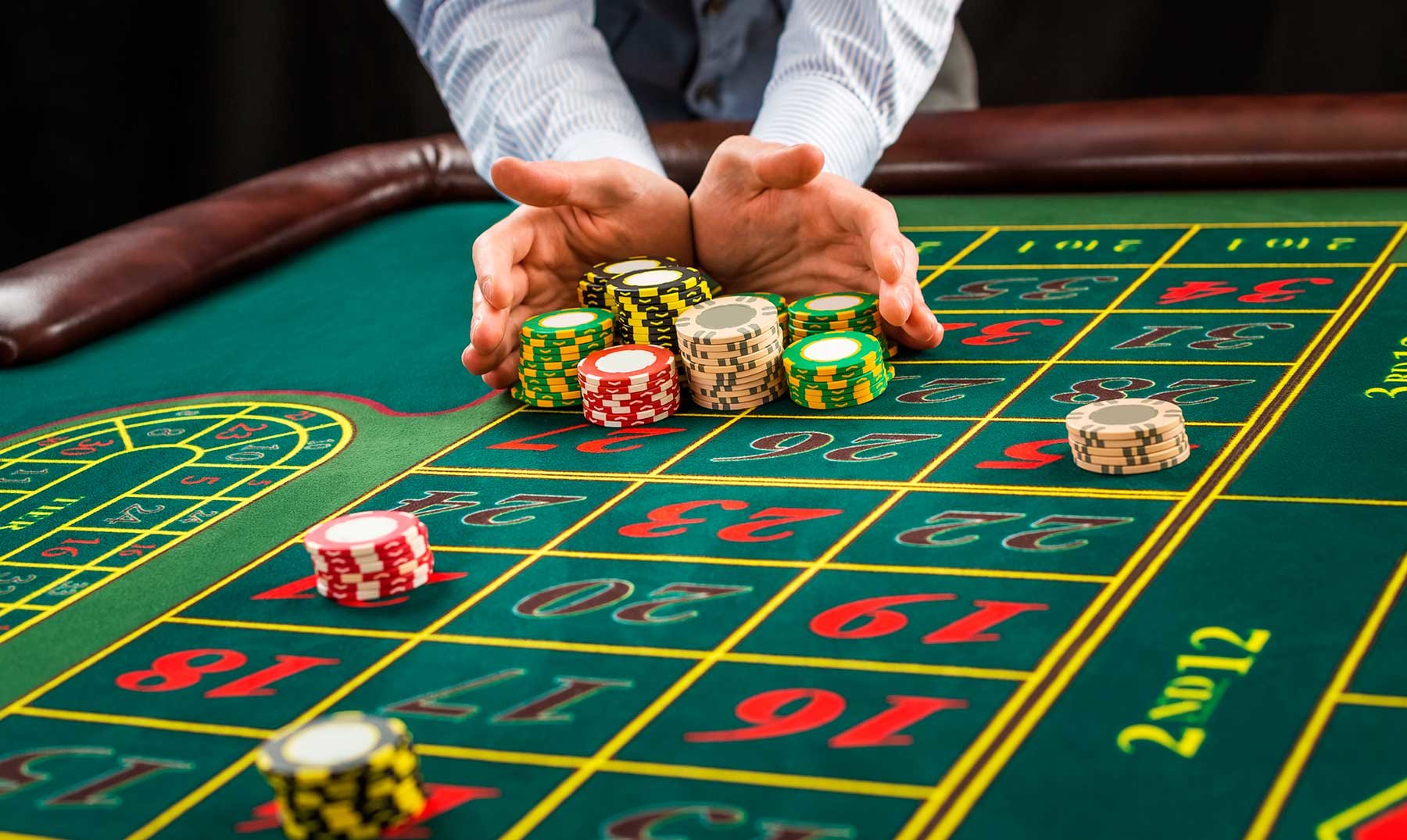Casino Games and Their Role in Pop Culture

Casino games have long captured the imagination of humans around the world, becoming an essential part of both entertainment and society. From the shimmering lights of Nevada to the captivating experience of virtual casinos, these activities evoke enthusiasm, danger, and sometimes even a sense of nostalgia. They are not just simply hobbies; they have woven themselves into the tapestry of society, influencing everything from cinema and songs to clothing and literature.
The appeal of casino games surpasses the gambling aspect, tapping into larger themes of luck, chance, and social interaction. As players assemble around a poker table or turn the roulette, they engage in an timeless ritual that echoes with our shared desire for thrill and instability. This obsession has led to the emergence of numerous references in movies, songs, and video games, showcasing how intensely entrenched these activities are in popular culture. Whether it is the intense drama of a legendary caper or the vibrant nightlife portrayed in music videos, casino games have established a substantial place that reflects our bond with reward.
Historical Impact of Gambling Activities
Gambling games have played a key role in social contexts throughout the ages. Originating from ancient societies, games of chance were often linked to rituals or events. For instance, early forms of gambling can be linked back to historic Chinese and the Romans, where die games and betting on results were popular pastimes. These games not only served as leisure but also as methods of connecting people, facilitating relationships among individuals within communities.
As societies evolved, so did the complexity and structure of gambling games. The establishment of official casinos in the 17th century, particularly in the Italian region, marked a notable shift in how games were perceived and structured. thabet bayern With specific spaces for gambling, the casino became a community center where patrons from different backgrounds convened. This evolution contributed to the legitimization of the industry, transforming it from a mere pastime into an organized industry that influenced the economy and regulations.
The impact of gambling games on popular culture cannot be understated. As they were popularized in literature and film, games such as Texas Hold’em and blackjack became symbols of risk, chance, and tactics. Iconic figures and narratives have emerged around these activities, reflecting societal views towards luck, wealth, and vice. This fascination with gambling games has permeated various forms of entertainment, solidifying their place in the public imagination and linking them to broader cultural stories throughout the ages.
Depiction of Casino Games in Media
Casino games have long been a popular theme in different types of entertainment, reflecting both the thrill and complexities of gambling culture. Movies such as Ocean’s 11 and Casino Royale portray figures who navigate high-stakes environments, showcasing not only the appeal of the gambling environment but also the tactics and choices that come with playing popular games like poker and 21. These movies often dramatize the thrill of winning and the potential repercussions of losing, encapsulating the dangers involved in betting. Xổ Số Thabet
Television shows have also explored the realm of casino games, often integrating them into the storyline as a context for character development and drama. Series like Vegas depict the experiences of casino workers and patrons, highlighting the dynamic, often chaotic energy of the gaming floor. Reality shows featuring intense gambling competitions further emphasize the appeal of gambling activities, drawing viewers into the drama and planning involved in each game. Through these portrayals, media not only entertains but also prompts conversations about fortune, expertise, and the nature of chance.
Video games have increasingly included casino games into their structure, allowing players to recreate the feeling of gambling without monetary loss. Titles within the landscape of online gaming often include virtual slots, online poker, and other casino favorites, creating an immersive gameplay that mirrors real-life gameplay. These virtual portrayals make casino games accessible to a worldwide viewer base, appealing to both risk-takers and those who enjoy the rush of simulation. As a outcome, the representation of gambling activities in media continues to shape public perception and cultural significance, highlighting their place in society and culture.
Impact of Casino Games on Society
Gambling activities have a meaningful impact on society, affecting multiple facets of culture and interpersonal behavior. They often function as a venue for community engagement, where people come together to experience a common experience. Game nights with friends or visits to casinos become group events that build connections and create memories. This communal aspect boosts the entertainment value of gambling activities, making them a favored choice for festivities and leisure activities.
Additionally, casino games have been portrayed in countless movies, television shows, and literature, shaping perceptions and opinions towards gaming and gaming. Icons like James Bond playing baccarat or the intense poker scenes in films have embedded these games in the shared imagination. This depiction often idealizes the lifestyle associated with gambling, drawing in new players and impacting trends in both style and behavior. These portrayals can ignite curiosity and lead to a deeper exploration of the nuances of gambling.
However, there are also negative consequences associated with the widespread appeal of casino games. The allure of quick monetary gain can lead to problem gambling and economic troubles for some people. Society must grapple with these issues, promoting responsible gaming and awareness of the risks involved. Finding a balance between the fun aspect of gambling activities with the risks is vital to ensure that they continue to be a positive aspect of our societal fabric.
